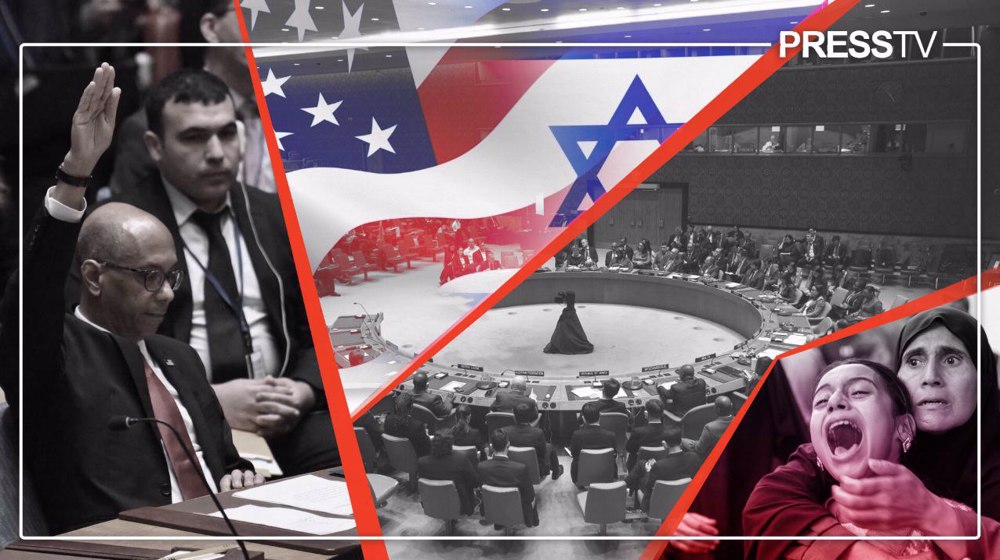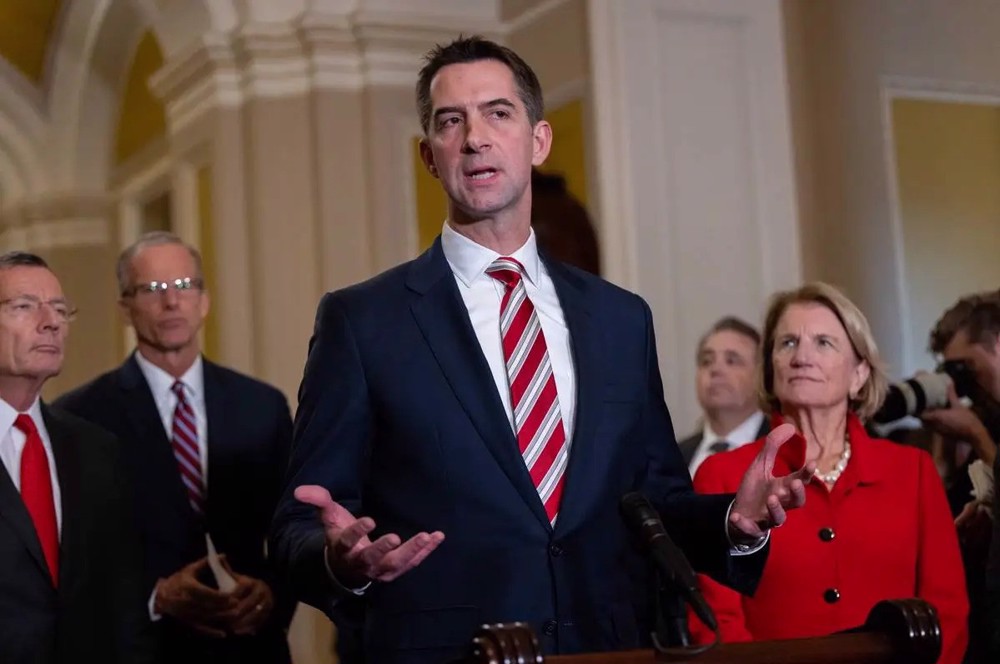Obama can circumvent Congress and ease Iranian sanctions: Experts
US President Barack Obama has broad executive authority to circumvent Congress and ease many sanctions on Iran if US lawmakers reject the Iran nuclear accord, analysts say.
Obama can implement the recent nuclear agreement by himself and does not need a congressional approval to give Iran relief from economic sanctions that it would get under the deal, according to experts who conduct research on Iranian sanctions.
“He’s got enormous power to basically circumvent Congress,” said Mark Dubowitz, the executive director of the Foundation for Defense of Democracies (FDD), a pro-Israel advocacy group and think tank based in Washington, DC.
“He always had in mind a plan that would not require congressional approval. It couldn’t be stopped, the way the [Obama] administration has structured this,” Dubowitz, whose expertise have helped US lawmakers construct the "sanctions regime" against Iran, told The Washington Times.
Obama “would challenge Republicans to fight him in the courts,” he added. “He would essentially just circumvent that statutory designation and provide significant sanctions relief.”
The FDD is described as a prominent member of neoconservative-aligned think tanks, including the American Enterprise Institute, the Hudson Institute and Freedom House.
According to Think Progress, an American liberal political news blog, FDD’s major funders are wealthy Jewish donors who actively support pro-Israel causes both in the US and internationally.
Congress is reviewing the July 14 nuclear agreement and has until September 17 to vote to either approve or disapprove of it. Obama has pledged to veto a resolution of disapproval in Congress.
Republicans unanimously oppose the nuclear pact, but they need a two-thirds vote in both chambers of Congress to override a presidential veto.
Throughout its history, however, the US Congress has completely rejected or demanded changes to over 200 international agreements and treaties, including 80 that were multilateral.
"A resolution to disapprove the Iran agreement may have substantial political reverberations, but limited practical impact," said Robert Satloff, executive director of the Washington Institute for Near East Policy.
"It would not override President Obama's authority to enter into the agreement," Satloff told The Associated Press earlier this month.
Hezbollah breaks record of anti-Israel ops; four million settlers run for their lives
Iran rejects involvement in murder of Israeli rabbi in UAE
‘Israel at dead end’: Army chief vows Iran’s lasting support for resistance
Hezbollah executes record 51 military operations against Israel in a single day
VIDEO | Intl. day to end anti-women violence: Female victims of Israeli attacks on Gaza, Lebanon remembered
Leader: Arrest warrant not enough, Netanyahu must be executed
VIDEO | Iraqi fighters conduct fresh retaliatory attacks on vital Israeli targets
Gaza hospital chief calls for help amid Israel’s ‘extermination campaign’










 This makes it easy to access the Press TV website
This makes it easy to access the Press TV website